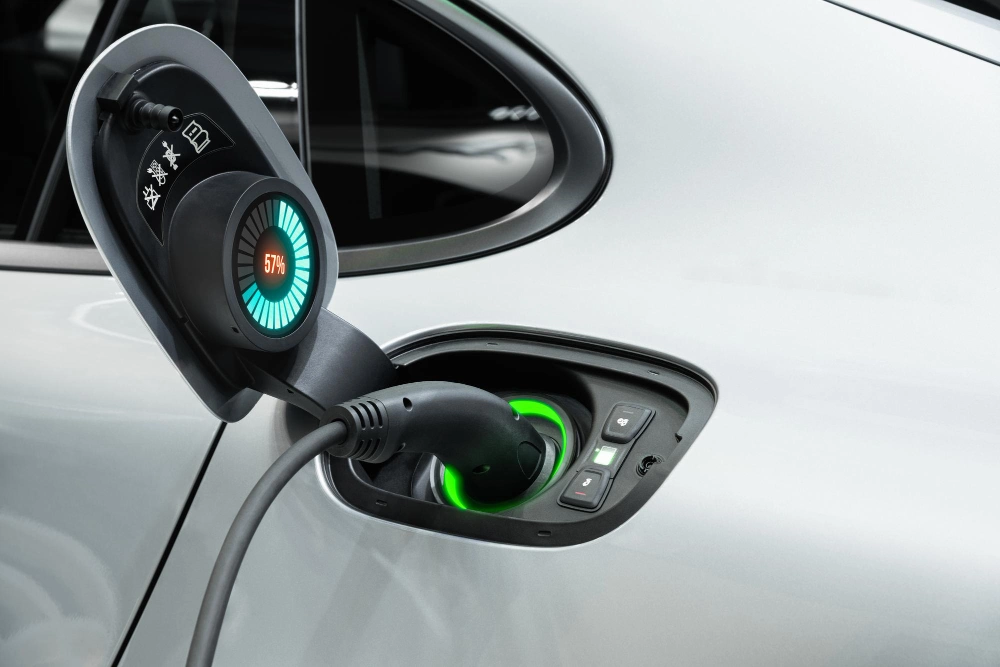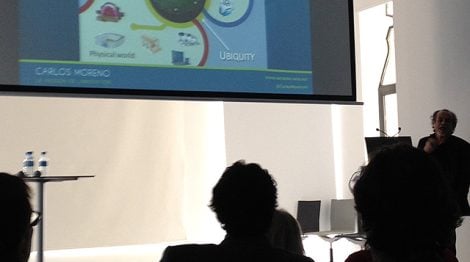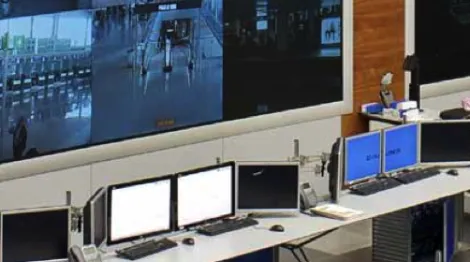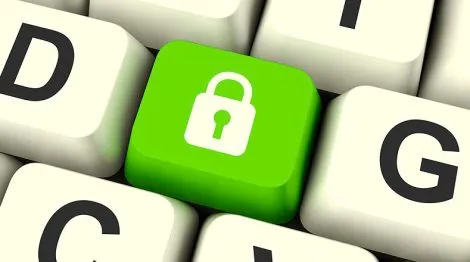A Small Impact in Hand is Worth more than a Hundred Green Promises Flying.
When popular sayings sound, they have a reason.

Greenwashing, Sustainable Posturing, or Greenwashing: a Timeless Trend.
Although the incorporation of the word ‘posturing’ both in colloquial language (popularized around 2012) and in the RAE (in 2017) are two facts that we can still categorize as recent, let’s not be fooled: its essence has been expanding among companies in many manifestations for decades. One of them, the sustainable one: already in the 70s, when the Club of Rome warned, in its report “The Limits to Growth”, about the consequences of uncontrolled growth on a finite planet, some oil companies launched advertising campaigns washing their image while continuing to expand their operations.
More than Forty Years Were not Enough to Reverse this Trend.
In 2017, the Ellen MacArthur Foundation denounced, through “A New Textiles Economy: Redesigning Fashion’s Future”, the inconsistencies present in certain discourses of some textile companies. And it is that although these promoted “eco-friendly” clothing lines and recycling programs, most of their production was still based on polluting and exploitative practices. Both examples manifest the reality we face as a society and business fabric in equal parts: greenwashing has become the most timeless fashion in history.
Where does the word greenwashing come from?
The term greenwashing was coined in 1986 by the American ecologist Jay Westerveld, as a result of an essay in which he criticized some hotels for their deceptive “green” practices. Specifically, he was inspired by a hotel sign that promoted the reuse of towels to “protect the environment” but did not apply similar measures in other areas with a much greater environmental impact. A strategy that revealed the true intentions of the hotel, more focused on reducing costs than on promoting sustainability.
But why is it Such a ‘Trending Topic’?
Due to the growing demand for sustainable products, both from consumers and from institutions.
Movements such as Fridays for Future have sensitized millions of people around the world about the importance of adopting sustainable practices. According to the Edelman Trust Barometer 2023, 76% of consumers are willing to reward brands that prioritize responsible actions towards the environment. In addition, public institutions are intensifying their role in this transition, as demonstrated by the European Climate Law, which establishes binding objectives to achieve climate neutrality in 2050 and requires companies to make a real and measurable commitment to sustainability.

Without questioning the true intentions of each one, many companies seek to align themselves with these expectations to gain market share and improve their reputation. However, implementing genuine ecological practices can be costly and complex, which leads to countless greenwashing strategies as an apparent solution.
How Can We Escape from Them:
Tangible Impacts that Do Help the Cause
Although legend and archaeological evidence have not reached an agreement on the founding of Rome, they agree that it was not built in a day. An affirmation adopted in many languages and cultures for its character of universal truth: great changes do not happen overnight. On the contrary, they require a maturation time, with a constant sum of small realistic and achievable efforts.
This same logic is also applicable to sustainability. Although green posturing promotes isolated or superficial actions, it does not build a lasting impact for anyone. What does, on the other hand, is the adoption by companies of strategies capable of generating value not only for shareholders, but also for employees, customers, suppliers, communities and the environment. Along these lines, at Becolve Digital we have launched a series of initiatives aimed at generating a positive impact from where we can, through modest concrete and responsible steps:
-
We are committed to energy independence, hand in hand with a company aligned with our environmental objectives.
The International Energy Agency (IEA) estimates that electricity generation emits approximately 0.9 tons of CO₂ per MWh when it comes from coal, and 0.4 if it is natural gas. A global average that highlights the enormous amounts of CO₂ that a company can avoid by adopting renewable energies.
Since the end of 2022, at Becolve Digital we have solar panels that allow us to produce our own electricity. During 2024 we generated 63 MWh, reaching peaks of 25 kWh on the sunniest days and injecting 9 MWh into the general grid. The latter, in addition to relieving pressure in hours of maximum demand, contributes to a more balanced and sustainable energy model. In addition, in those sections in which we can be self-sufficient, we consume energy from a company focused exclusively on renewable sources.
-
The sustainable fleet continues to grow
One of the services we offer to the Becolve team is the possibility of having a company vehicle, to facilitate, for example, face-to-face visits to the offices of our clients or partners. Journeys that can lead to a short podcast, a radio program, a long playlist or a while in silence depending on the tastes of each one and the time available, but that always imply, whoever drives, an energy consumption.
Currently, our fleet is made up of electric, hybrid and also some traditional combustion cars. Specifically, we have three electric cars and five hybrids already in operation (and two more on the way), with the future objective of making it fully electric.

-
The long-awaited farewell to cans and capsules
There should not be more than twenty steps that separate the door of the dining room from our offices in Rubí and the refrigerator of the same. Before, having traveled such a distance, one found a whole arsenal of soft drinks… in cans. A container whose production consumes a lot of energy and can cause deforestation and habitat loss.
Now, with the change a little over a year ago to returnable glass bottles –which, although they are not exempt from energy expenditure, can be reused up to 50 times–, we collaborate to reduce the need to manufacture new containers. And when their final moment arrives, their last wish, these bottles are infinitely recyclable, closing the cycle in a much more sustainable way. In 2024, up to 1,136 glass bottles continued to live after passing through Becolve.
And if a year ago we dispensed with the aluminum of the cans, two years ago we did it with that of the capsules, giving way to ground coffee. Considering that, on average, 90 coffees are consumed per working day in the Rubí offices, we are saving 450 capsules for each week worked. A figure at least to take into account.
-
We are expanding our forest presence as well
The Retree organization was born in 2020 with the aim of combating global deforestation and revitalizing the planet. Since its inception, it has worked to protect biodiversity and mitigate the devastating effects of climate change. Sharing its same values, from Becolve we have joined this cause to give life to a forest of two thousand trees that will contribute to regenerating the future in Igualada.

-
We align our technology with our environmental goals
At Becolve Digital we have a building management solution (BMS) prepared to create smarter, safer and more efficient environments, thanks to tools that optimize operations and promote energy savings. This solution, also present in our offices, is responsible for automatically regulating the air conditioning of the spaces depending on their occupancy or outside temperature, as well as adjusting the lighting and blinds according to the natural light available, among other functionalities.
And from Here, where to?
The initiatives mentioned above will not solve global challenges, nor will they transform the environmental landscape overnight. However, these actions, although modest in their scope, are designed to help build a more sustainable future for all, as well as to inspire other organizations to rethink their daily operations.
Faced with a society increasingly concerned –and aware– about climate change and its consequences, good marketing campaigns on sustainability are no longer enough, nor is everything valid: companies, from the position we occupy, must act with the responsibility that communities and the environment deserve.





